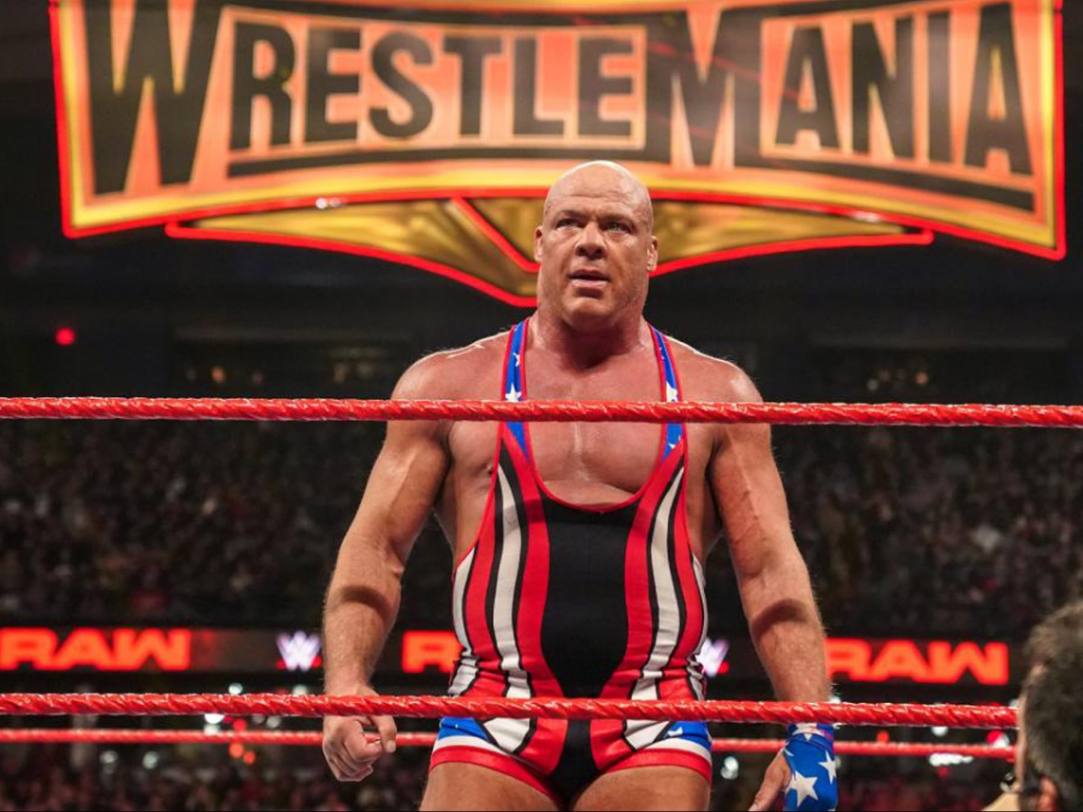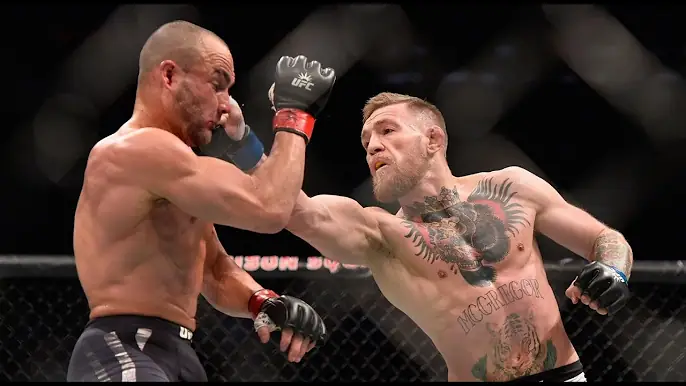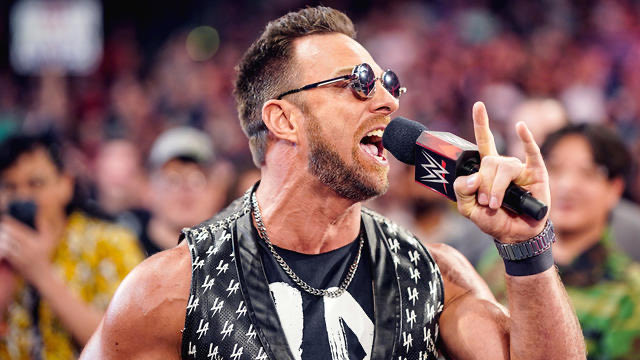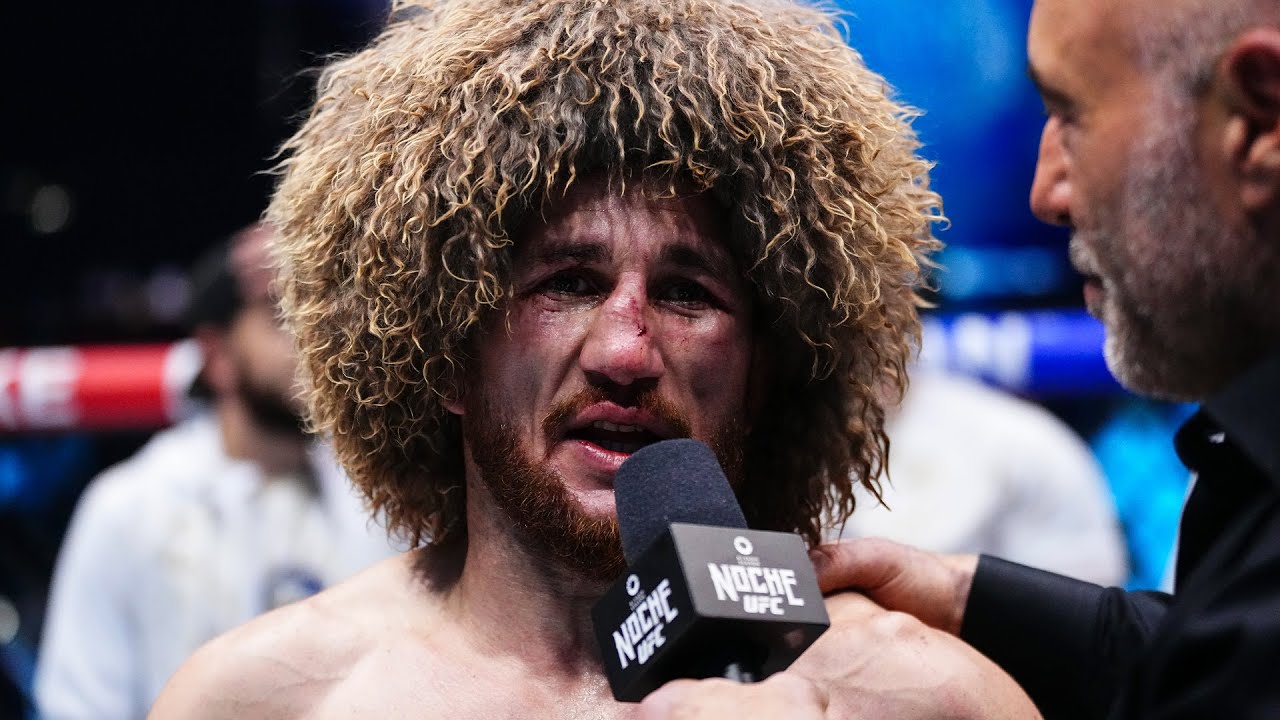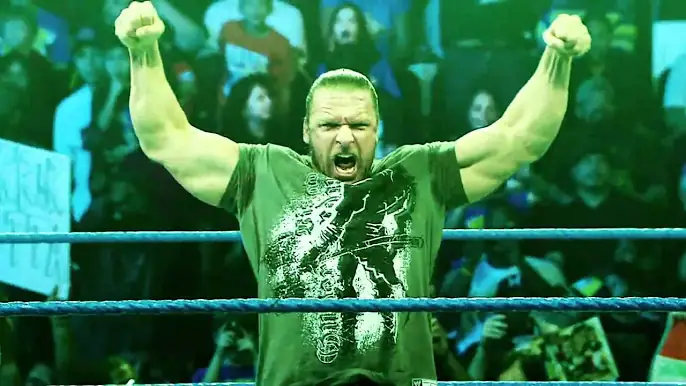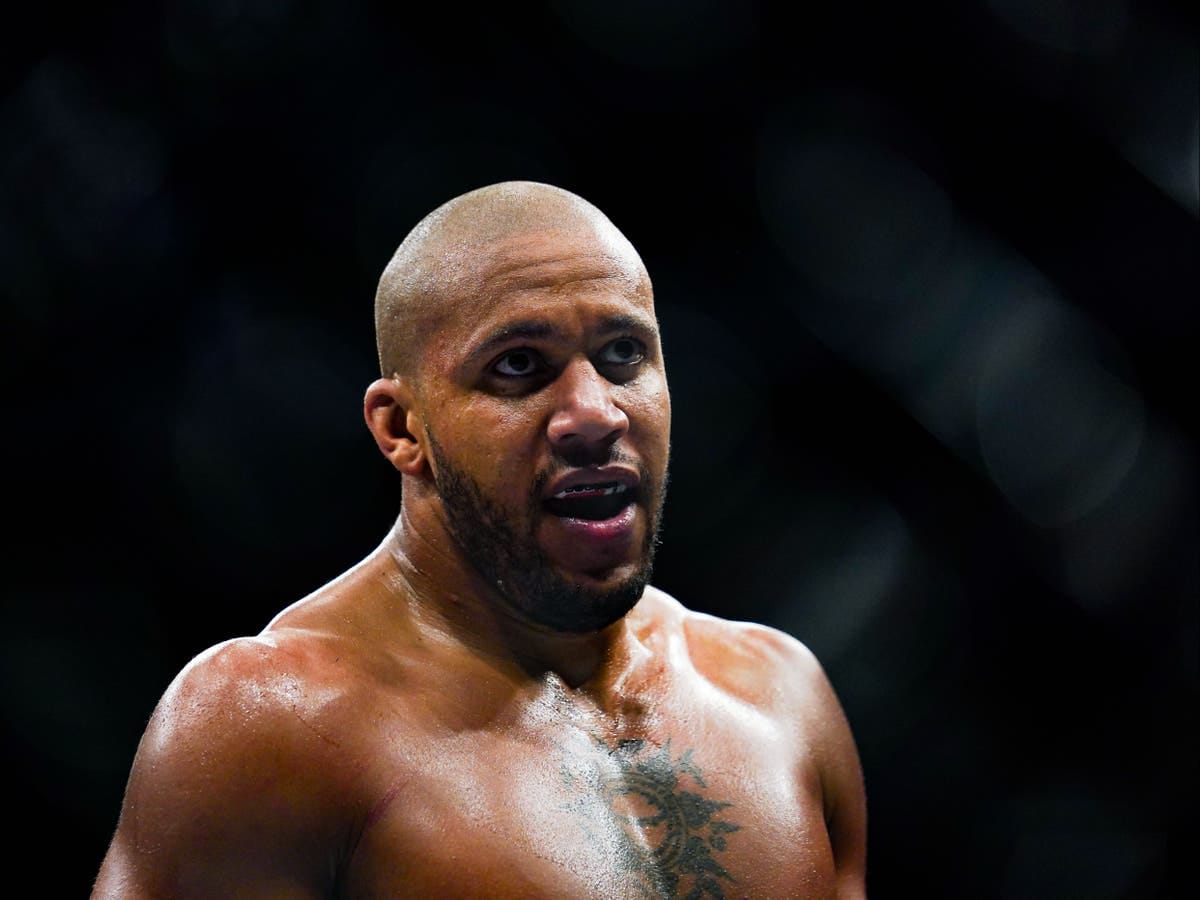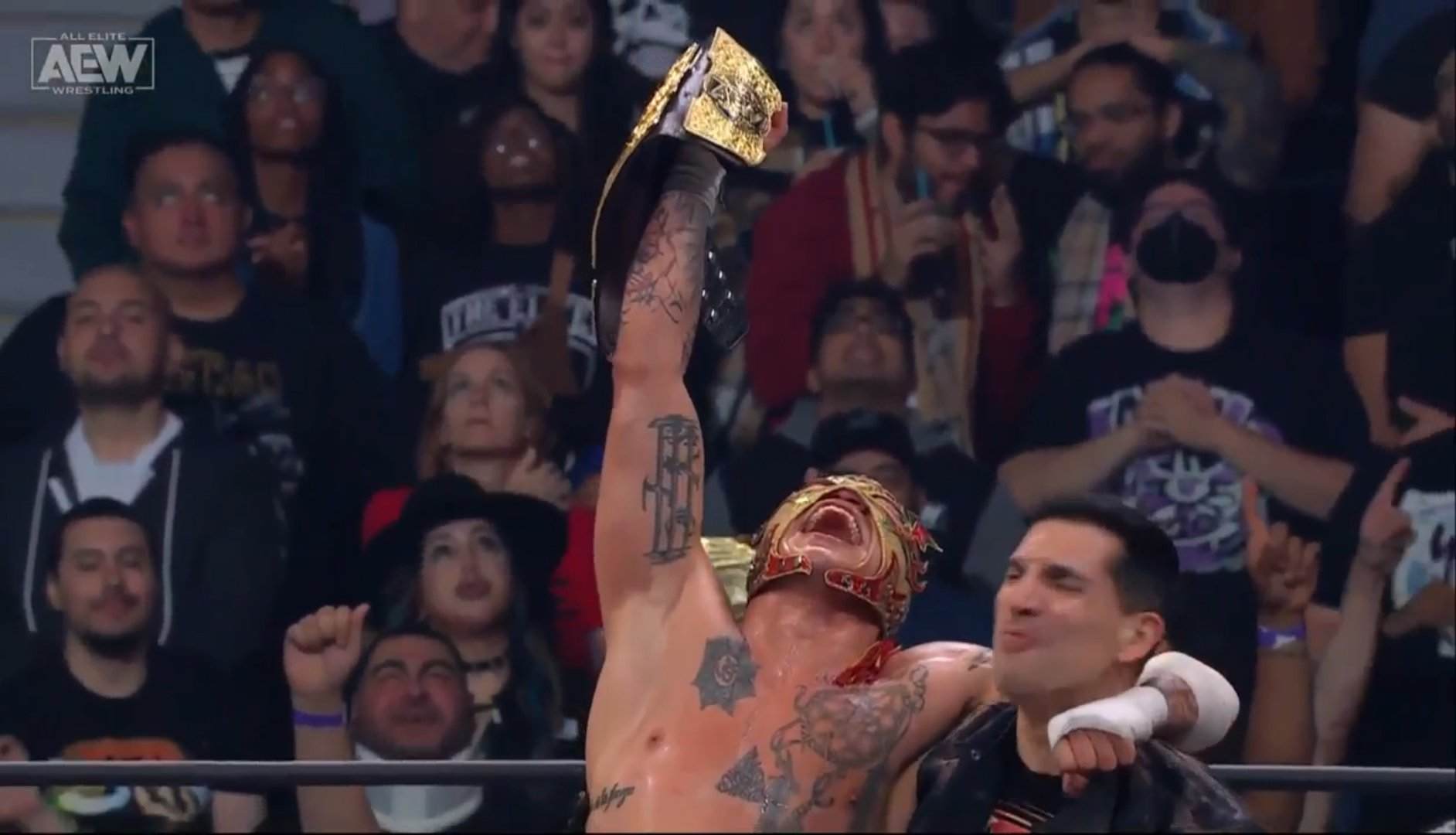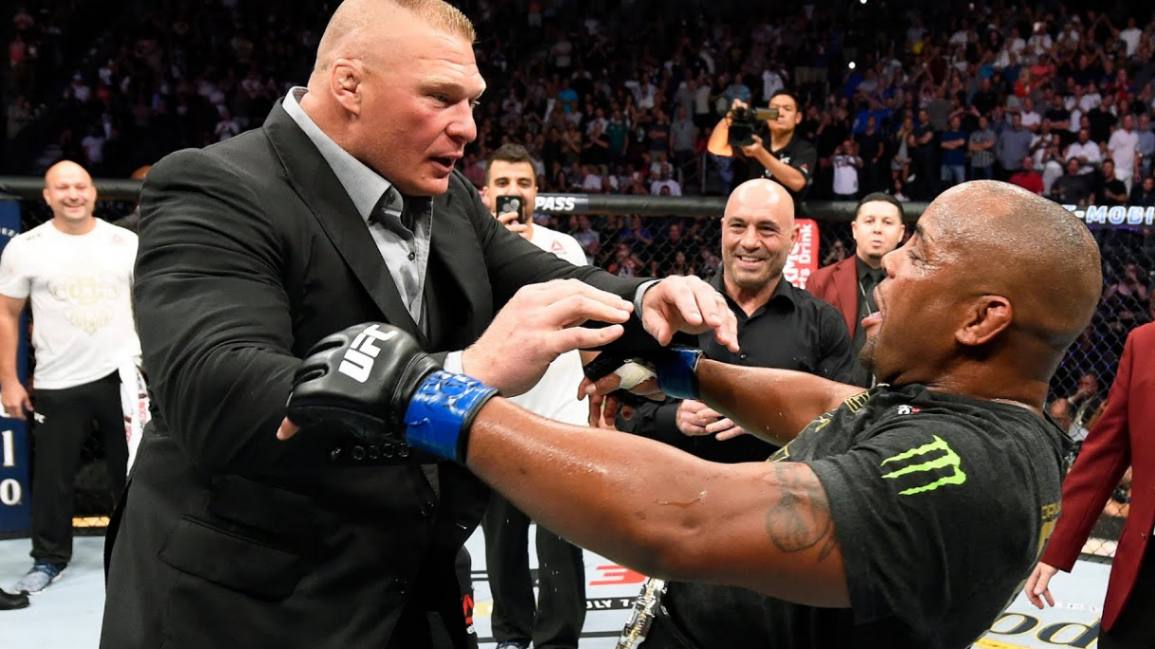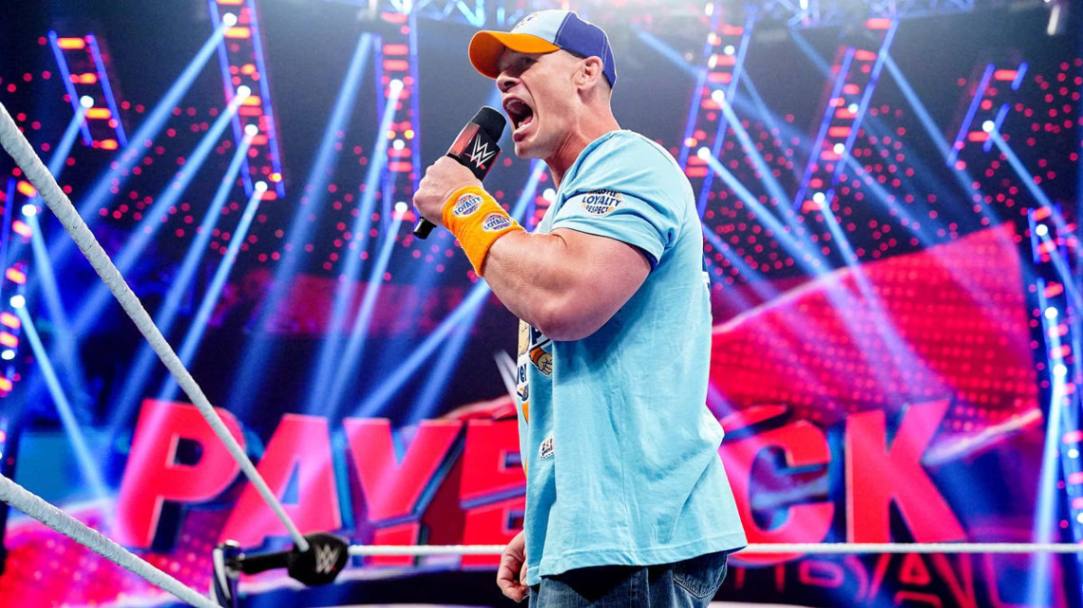The Evolution of Khabib Nurmagomedov: From Dagestan to UFC Dominance
Early life in Dagestan
The man who earned fame as Khabib Nurmagomedov was born on September 20, 1988, in a rural area called Sildi in the Tsumadinsky District of the Republic of Dagestan, Russia. Born and raised in this very rough and mountainous area of Dagestan, he developed the character and way of life, as well as the fighting, that would later follow him. Dagestan, a land well known for impressive martial arts backgrounds and a culture that is fostered in combat sports, was more than capable of producing a future champion.
Wrestling was also introduced to Khabib at a tender age by his father, Abdulmanap Nurmagomedov, who was also a wrestler and a coach. Abdulmanap taught Khabib a strict regimen of training and living and the importance of a work ethic, respect, and humility. Khabib started his combat sports career under his father’s supervision and began with wrestling, this martial art being recognized as one of the most honorable in Dagestan.
Thus, the training of Khabib in Dagestan was not only martial arts; it was a fight for life and existence. A culturally and politically unstable region coupled with economic difficulties was the environment that Khabib grew up in, so he knows the meaning of hard work. Apart from that, these experiences helped him strengthen his determination and value the importance of discipline as well as concentration.
Moving to Sambo and Judo
When Khabib got to the professional level, he added both sambo and judo to his fighting style. Sambo is a Soviet martial art derived from Judo and wrestling and played a major role in Khabib’s training. He also participated in sambo, where he became very successful and was able to claim multiple national and international championships.
Khabib’s focus on mastering several grappling styles was the key to his success in MMA as a result of this training. His flexibility in switching between wrestling, sambo, and judo proved to be a great strength for him in the octagon.
As a teenager, Khabib training sessions became more frequent. His father, Abdulmanap, understood his son’s capability, started dedicating more time to his improvement, and started taking him to practice with champions and trainers. The above experiences widened Khabib’s exposure and helped him learn different fighting tactics and styles, which enriched his tactics as a fighter.
Early MMA Career
Khabib started his professional MMA career in September 2008, after his nineteenth birthday. Fighting in the local and regional shows, he was able to build a strong record that featured his excellent ground game and constant aggression. This was evident in most of his early fights, where he submitted his opponents or grounded and pound them into submission.
In 2011, Khabib signed with the M-1 Global promotion and started to gain recognition as one of the most promising fighters in the MMA world. This made him attract the attention of the Ultimate Fighting Championship (UFC), the biggest MMA promotion in the world.
Rise in the UFC
Khabib started his UFC career on January 20, 2012, against Kamal Shalorus. He submitted his opponent in the third round to win the fight, this marked his arrival into the UFC in style. In the following years, Khabib moved up in the lightweight division, and he submitted Gleison Tibau, Abel Trujillo, and Rafael dos Anjos.
The UFC fighting style of Khabib included pressure, suffocating grappling, and predominantly ground and pound. His rivals also struggled to stand up again after being brought to the ground; thus, he registered a series of wins. Nonetheless, Khabib encountered some challenges occasioned by injuries that made him inactive for some time.
Khabib’s time in the UFC also had a lot of focus on him and his team, as well as his heritage. He frequently mentioned that he felt privileged to be performing for Dagestan and Russia on the international stage. This kind of commitment and obligation was mutual, and his fans found in him a beacon of hope and achievement.
The Conor McGregor Feud
Another memorable encounter in the life of Khabib was a mega-scandalous battle with Irishman Conor McGregor. The animosity between the two fighters continued to build up in 2018, leading to one of the biggest fights in UFC history. The build-up to the fight was characterized by much hype, with the fighters engaging in bitter verbal squabbles and even a brawl between McGregor and members of Khabib’s camp.
On October 6, 2018, Khabib was pitted against McGregor in a UFC 229 match that was branded as one of the most historic matches within the MMA fraternity. Khabib was able to get the better of McGregor on the ground and constantly pressured him, which led to Khabib getting a submission in the fourth round. The win made Khabib the clear-cut UFC lightweight champion and enhanced his reputation as one of the most dominant fighters of the generation.
The fight was followed by a post-bout scrum between Khabib’s team and McGregor’s people, which resulted in suspensions and fines for both fighters. Nevertheless, Khabib’s actions in the fight clearly indicated that he is one of the best fighters in the UFC.
Reign as Lightweight Champion
After the win over McGregor, Khabib again faced more challenges to retain the lightweight champion title. After beating Tony Ferguson in the Welterweight division in a highly contentious decision in March 2019, he took out Dustin Poirier at UFC 242 in September 2019 by submitting him in round three. Khabib was, as usual, able to stop Poirier from striking him and assert his control in the fight on the ground.
The bout with Gaethje was scheduled for October 24, 2020, at UFC 254, which turned out to be the fighters’ last meeting. Khabib went into the bout after losing his father and coach, Abdulmanap, but he put up a great show, making Poirier tap out in the second round. After the fight, Khabib officially retired from the MMA, considering the word that he made to his mother that he would not continue fighting without his father.
Legacy and Impact
Khabib Nurmagomedov retired without a single defeat in his career, and he boasted an outright record of 29-0 in his MMA career. His unprecedented reign in the lightweight category and his strong character, together with his good sportsmanship, made him the most loved and respected athlete across the world. Khabib’s impact did not stop in the cage but encouraged the new generation of athletes from Dagestan and the entire world to fight for a future in combat sports.
Thus, Khabib’s legacy is not only based on the fact that he has never lost any of his fights but also on his adherence to his principles and his ability to appeal to people beyond their culture and nationality. He is still an inspiration to young athletes who want to succeed, proving that if one works hard and stays true to themselves, success is within reach.
Besides being a fighter, Khabib has been very helpful in the process of taking MMA to the next level in Dagestan and other regions of Russia. He has also become a trainer and a manager, mostly for young fighters who need his assistance in handling some issues in the ring. For that reason, his impact on the advancement of the culture of MMA in his native region of Dagestan has had a profound impact and makes sure that the region keeps on delivering world champions.
Post-Retirement Activities
Although Khabib is no longer fighting after retiring from the cage, he has not left the MMA space behind. He has a leadership position for his own fight promotion, the Eagle Fighting Championship (EFC), and the primary vision is to create a platform for fighters from Russia and other nations. Naturally, Khabib wants EFC to become a promotion that stands for respect, discipline, and all the other positive things in MMA.
Nurmagomedov also tried himself in the sphere of business, starting companies and investing in various enterprises, especially in the sports and fitness industry. He has also shown his business skills and dedication to his community, in addition to his performances inside the octagon, earning him more respect.
In addition, philanthropy is also an area affected by Khabib’s work. He has a great number of charitable actions aimed at the enhancement of the population’s quality of life, especially in Dagestan. This was evident when he took the time to offer help and resources to underprivileged groups in society, which shows more of his responsibility and empathy.
This paper is aimed at describing the journey of Khabib Nurmagomedov from being a young wrestler in Dagestan to a dominant UFC champion. From surviving the mountains of Dagestan to becoming the king of the octagon, Khabib’s story is one of inspiration and the true resilience of the human soul. What Khabib created in the world of MMA and his status as one of the greatest fighters of all time will remain in people’s memory for many years.
Khabib’s account is one of dedication to the art of MMA and, perhaps more importantly, to his principles and his people. That’s why he can be considered the legend of the MMA world for his path up to the position of undefeated champion and his contributions to the sport and society as a whole.




